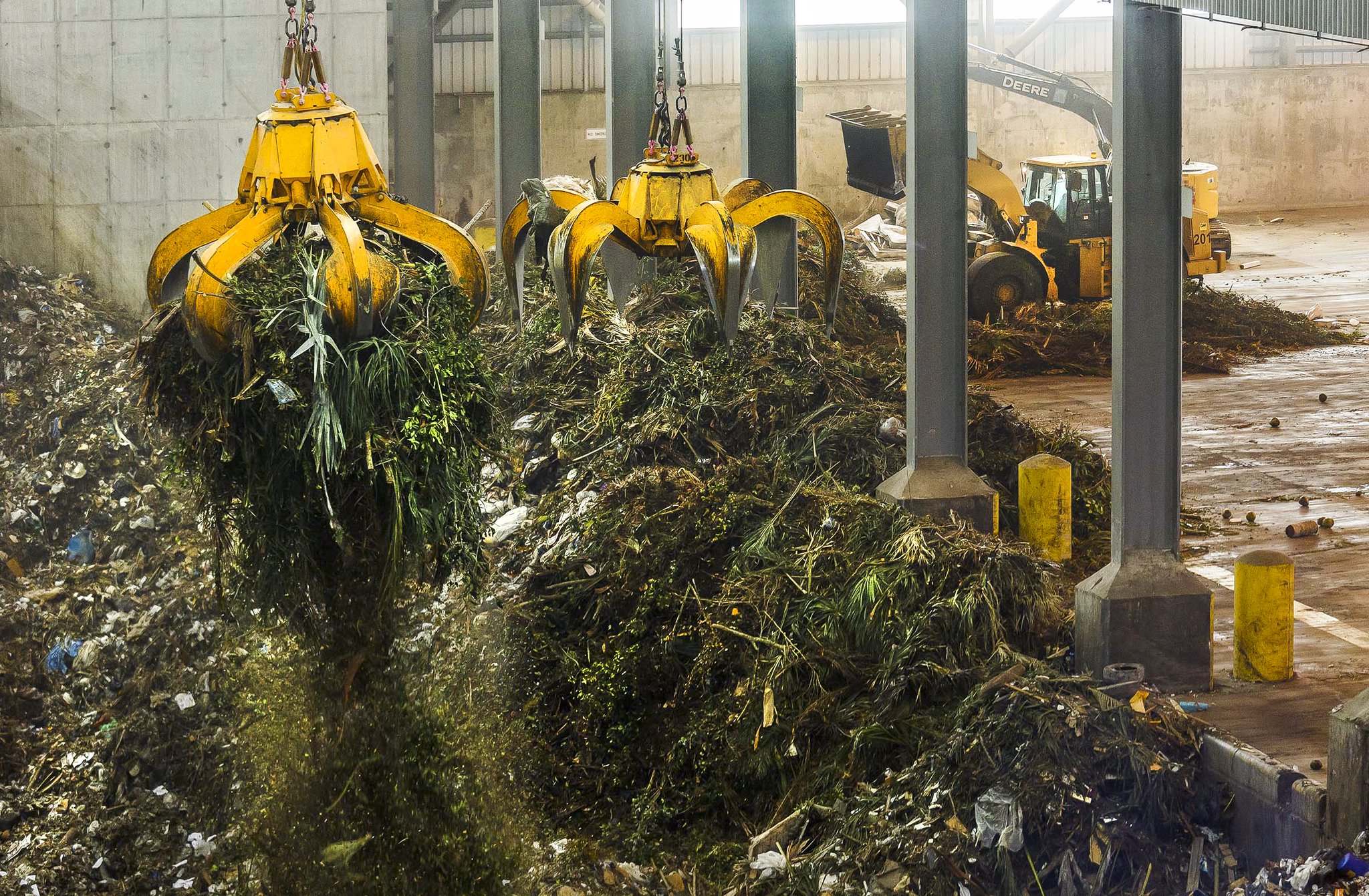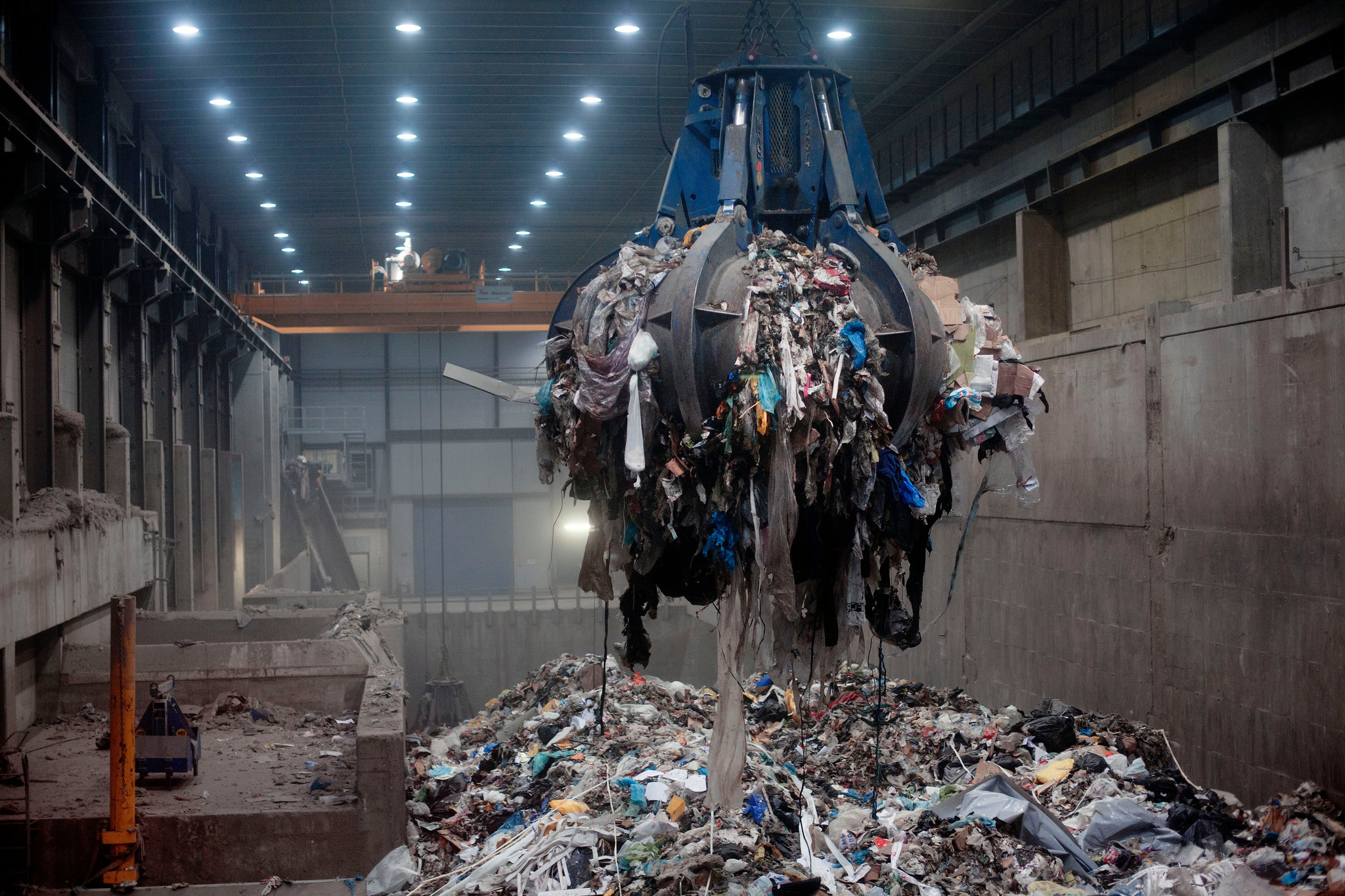Core Competence
The world generates about 4 billion tons of all types of waste per year. Cities alone generate about 1.5 billion tons of solid waste per year and this is expected to increase to 2.4 billion tons by 2025.
Currently, three quarters of the waste is disposed in landfills, with only one quarter being recycled.
Landfilling is environmentally problematic as decomposing municipal solid waste generates methane, a greenhouse gas, and as water leaching is a threat to surface and groundwater, and where laws and either ban landfilling or impose high landfill taxes, landfilling is not feasible.
Rapid urbanization is one of the major factor in which our country is facing a massive waste management challenge today. India suffers from inadequate waste infrastructure and a tremendous increase in solid waste generation per capita. Segregation of waste at source and resource recovery is the key to well- established waste management practice in India. Sanitary landfills are considered to be ultimate means of disposal waste that cannot be reused or recycled. The logistic cost involves transportation of waste to landfill sites which is considered as a major limitation to this method.
A solution can be considering the waste to energy process which generates energy in the form of electricity from municipal solid waste; which can be distributed or decentralized through a local body. However, such plants are not operating to their full potential in India.
WTE plants turn the waste into valuable energy and minimize the need for landfilling.


GPSPL provides 2 main services to the waste-to-energy market:
- Turnkey Supply of Waste to Energy Plants
As a turnkey contractor, BWSC takes responsibility for:
- Plant design and engineering
- Project management
- Procurement of equipment and materials
- Testing and commissioning
- Construction schedule and guaranteed completion date
- Performance guarantees for:
- Production
- Heat Rate
- Emissions
- Training for Operation and maintenance and post construction services at OEM Works and soon to be established Training Facility at Bangalore, India.